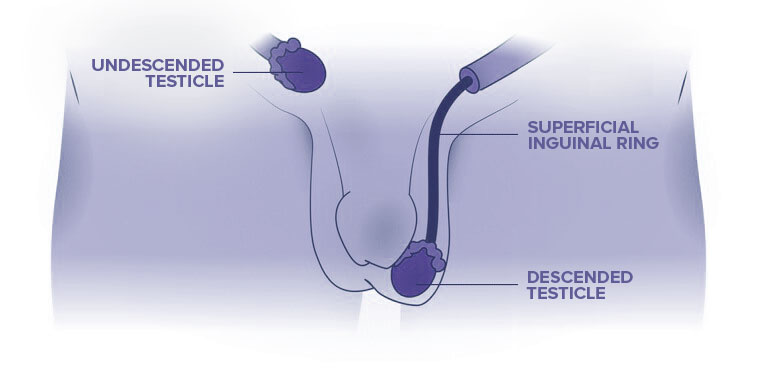Although only one sperm is needed to fertilize an egg, the enzymes from multiple sperm are needed to break down the egg’s protective barrier. For conception to take place, these sperm must be:
- Highly concentrated
Normal sperm density ranges from 15 million to 200 million per milliliter of semen.
- Moving well
A lashing tail helps sperm swim to the egg. This is called sperm motility.
- Normally shaped
Head, neck area, and tail need to have the appropriate shape. Sperm cells are shaped like streamlined tadpoles.
Sperm that lack motility and proper shape may have difficulty fertilizing an egg. ART treatments can help fertilization take place.
For men with low or no sperm, surgical extraction of sperm from the reproductive tract may be a treatment option.






